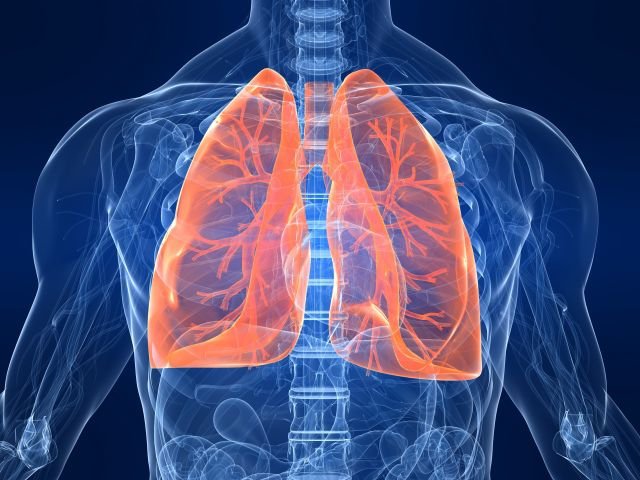What we eat may not often be considered when we think about our ability to breathe, but our diet plays a role in how our bodies are able to perform this function.
This becomes an important consideration, especially for those with health issues related to breathing, such as chronic obstructive pulmonary disease or COPD.
Dietitians advise that those with COPD should pay extra attention to what they consume.
“Our bodies need fuel for all bodily functions, breathing being one,” says Joel Feren, dietitian and nutrition consultant from thenutritionguy.com.au.
“Oxygen, carbon dioxide and other by-products of metabolism are produced when we breathe. Metabolism of carbohydrates produces the most carbon dioxide, while fat produces less.”
Mr Feren says that while consuming a healthy, balanced diet is fundamental, including for those with COPD, “consuming too many carbohydrates can increase carbon dioxide production – so, moderating one’s intake may be advised”.
Michael Lawler, Accredited Practising Dietitian and Accredited Exercise Physiologist from Eat Me Nutrition, agrees, adding that “carbohydrate metabolism releases the highest amount of carbon dioxide, while fat metabolism releases the lowest amount”.
“So, maintaining a diet high in healthy fats may help people with COPD to breathe easier,” he says.
However, Mr Feren points out that while moderating carbohydrate intake is advised, this doesn’t mean carbohydrate-rich foods should be excluded altogether, with the key being to include a moderate amount of healthy carbohydrate options.
When managing respiratory conditions, both dietitians also advise including anti-inflammatory food options in the diet. These include fruits and vegetables, fish, and wholegrains.
Mr Lawler says, “This appears to be the best for breathing well, at this stage” and helps with maintaining a healthy weight.”
Paying attention to key nutrients
When assisting customers who may have COPD it’s important to be mindful of some of the specific nutrients – namely, sodium and potassium.
Mr Feren says that excessive sodium intake can increase the risk of water retention, making it harder for someone with COPD to breathe. “Reducing one’s sodium intake should be a priority,” he says.
A large intake of sodium can also lead to high blood pressure, something that is already a concern for people with COPD.
“COPD often leads to higher blood pressure due to the narrowing of the arteries around the lungs,” says Mr Lawler. “Adding high blood pressure from excessive sodium intake […] will then compound these issues.”
While it’s important to reduce sodium intake, ensuring adequate potassium and magnesium intake is also key, as according to Mr Lawler, it “can help muscles to relax and can combat the effects of sodium on blood pressure”.
“This may in turn assist in combating the elevated blood pressure that COPD is likely to cause,” he says.
The role of pharmacists
One of the ways pharmacists can assist those with COPD is through advice on basic dietary strategies. According to Mr Lawler, these can include:
- Finding foods that are easy to consume (that don’t take much chewing) and are easy to prepare.
- Eating smaller meals more regularly.
- Keeping high-fat snacks handy and ensuring these snacks are low in sodium and refined carbohydrates.
Mr Feren says pharmacists can reinforce the main principles of the Australian Dietary Guidelines, and those with COPD should be referred to a dietitian “if there’s any sign of unintentional weight loss or if someone voices issues with their nutritional intake”.
This article was originally published in the June issue of Retail Pharmacy magazine. To read the article in full, click here.








